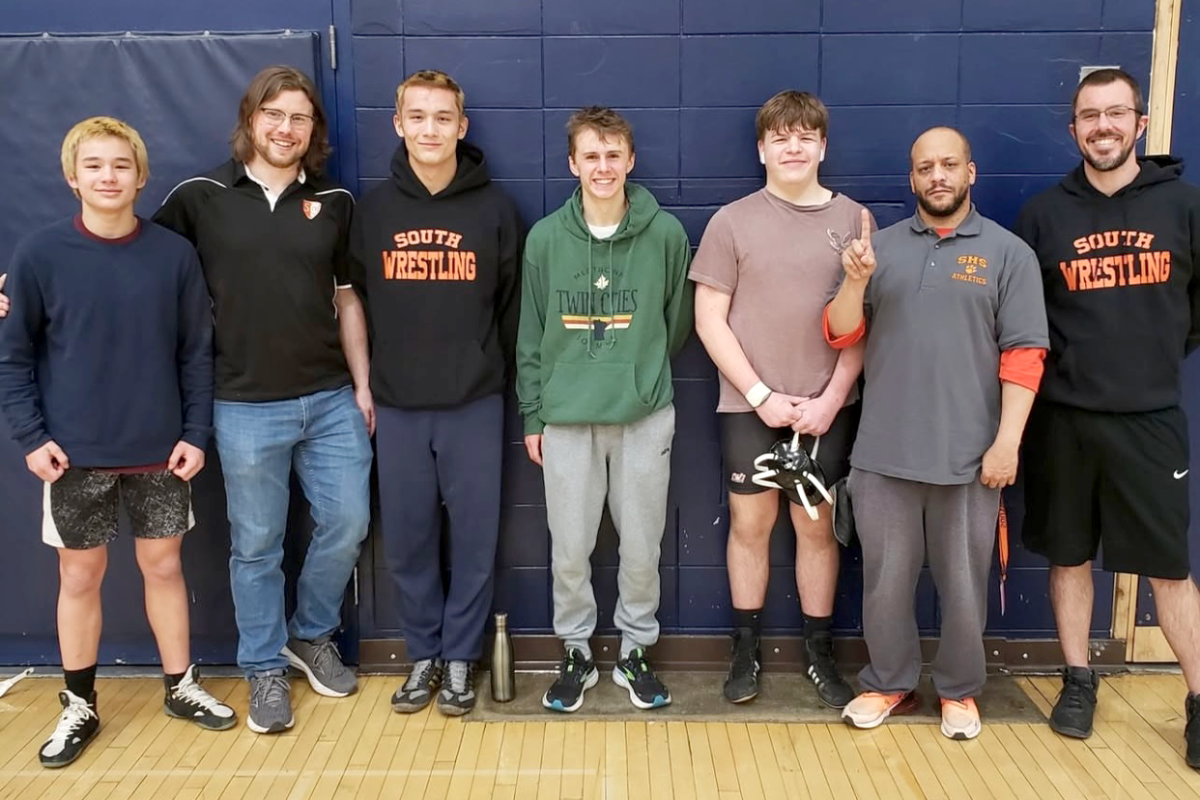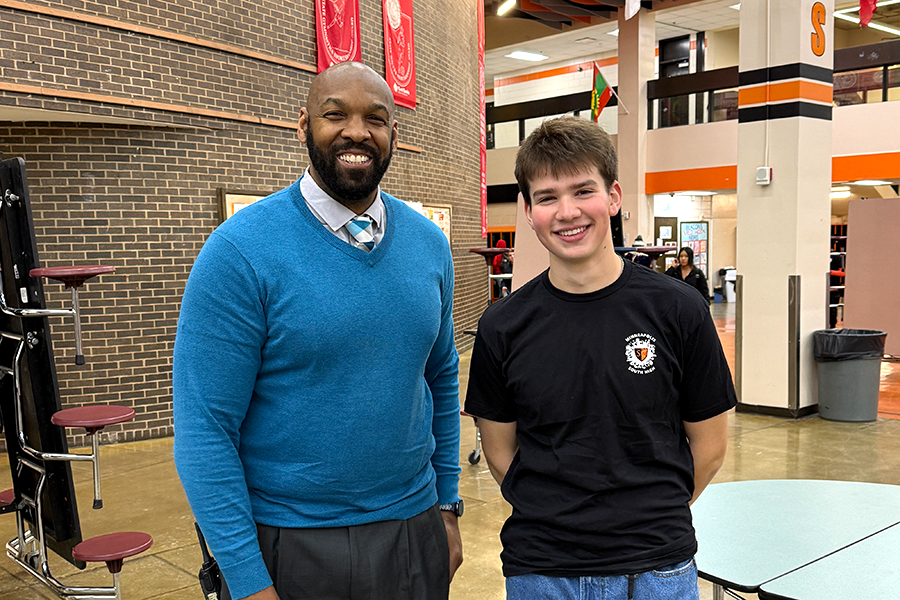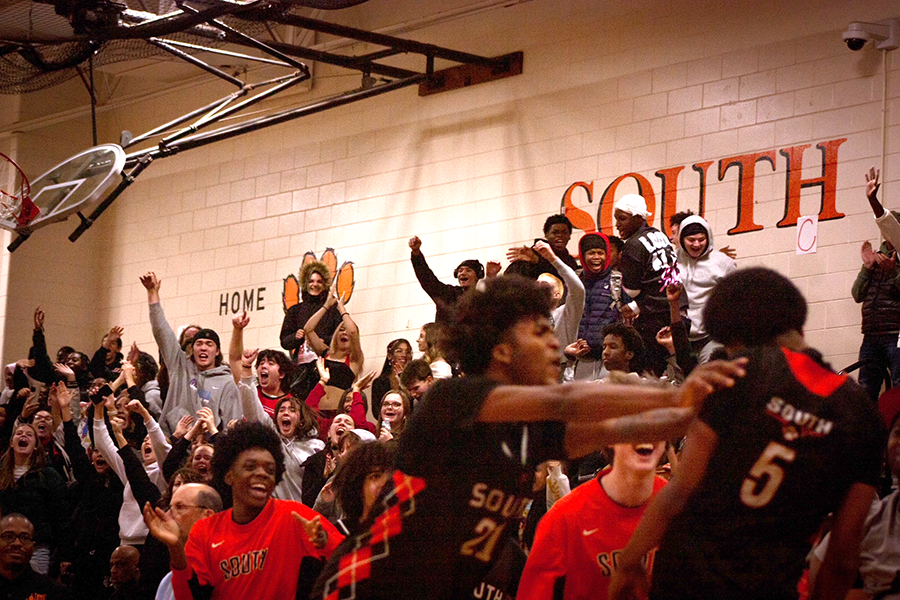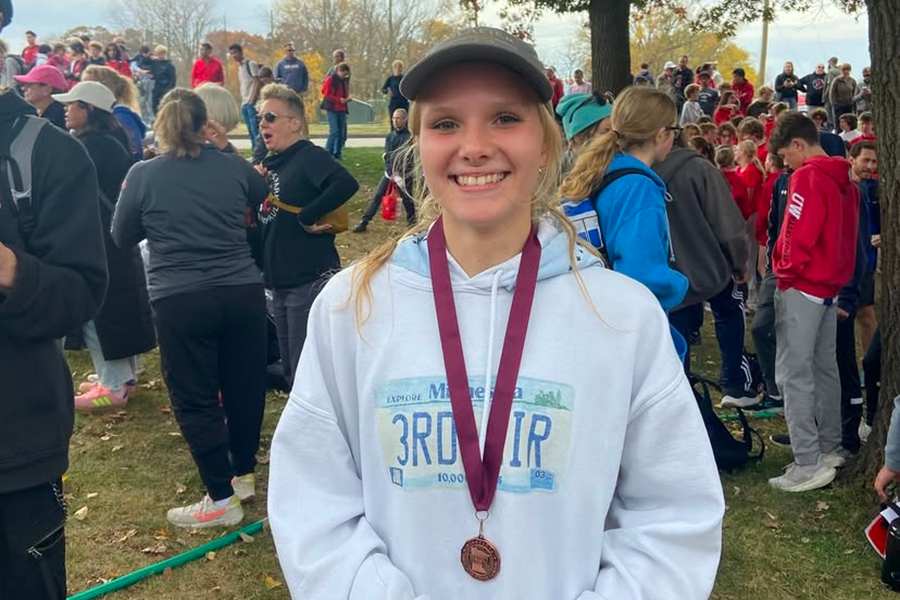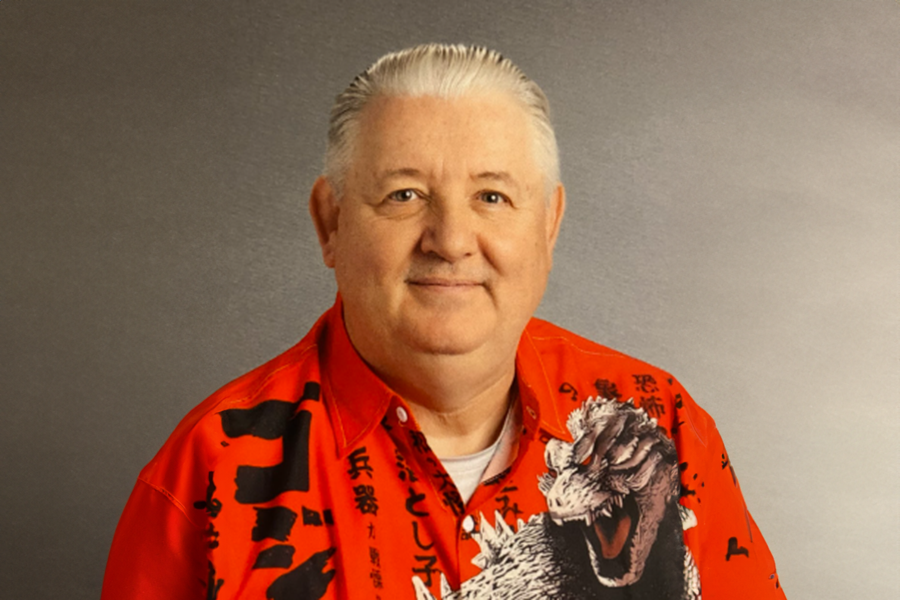For most high school students, learning how to drive is just a part of being a teenager and growing up. For senior Nick Lougee, driving is not just a privilege, but a lifestyle.
“I like going as fast as I can,” he said, “the speed. That’s the best part.”
Lougee is involved in the world of recreational race car driving, more specifically shifter car racing, and participates in events all across the country.
While some do not consider driving to be a sport, Lougee certainly does. “It takes a lot of mental and physical strength,” he said, “even though you’re just sitting there, there’s a lot of force on your body and it takes a lot of work.”
Lougee has been racing competitively for three years, but has been interested in the sport for much longer. According to him, he first became interested in the sport at a young age, when he drove a home-made go cart in his dad’s parking lot at the age of three.
Lougee began racing in the 2009 season, when he saved up enough money to buy his own cart, and finished second in the Minnesota Yamaha Junior Championships. Along with this extremely successful finish, he also earned the Rookie of the Year award.
In 2010, Lougee clinched the state championship, a race that Lougee described as his favorite out of all of the races that he has participated in.
So far this season, Lougee has participated in sixteen races, including, as he put it, “the biggest race of the year,” the Street Car Super Nationals at the Las Vegas Motor Speedway, in Las Vegas, Nevada from November 17 through November 20.
While driving may come easily to some, participating in a race is anything but.
“It’s a big project,” said Lougee, “there are a lot of logistics.” This massive project entails not only several rounds of actual racing, from qualifiers to finals, but also practice on the track, traveling, shipping the cart, and, most importantly, preparing for the race.
For him, preparing for a race includes working on his cart, which Lougee considers to be one of his favorite aspects of the sport, as well as driving on non-race weekends.
“On off weekends when there isn’t an actual race, I go and practice on the local race track,” he added, “it takes a lot of practice, actually.”
Lougee has received lots of encouragement and support from friends and family to participate in the sport, as well, especially his father.
“I’m the only one in my family that’s ever done it,” he stated, “I travel [to races] with my dad, but my whole family supports me. My dad just comes along to help out.”
Despite the fact that Lougee drives for recreation frequently and has been doing so for several years, he said that all of his experience didn’t exactly help him when it came to learning how to drive in a real-world setting.
“No, it didn’t help me,” he said, laughing, “if anything, it slowed me down, because on the road you have to abide by the law, so it gives you a mindset of being safer, which isn’t really a good thing.”
Safety in the sport of recreational race car driving is certainly a concern, especially following the tragic death of IndyCar driver Dan Wheldon during the 2011 IZOD IndyCar World Championship in Las Vegas in October, but Lougee takes it in stride.
“When I get into the car to race I’m not thinking about that. I’m really focused,” he stated.
However, that doesn’t mean that Lougee is completely unaffected by the event. While he didn’t know Wheldon personally, Lougee was supposed to race with him at Super Nationals, a race that he used to compete in every year.
“It hits you when it’s someone that close to you, and makes you think twice,” Lougee added, “but for the people that do race like me, it’s not gonna stop you because you love it and you have a passion for it. I’m going to keep doing it. I’ll race for him.”


